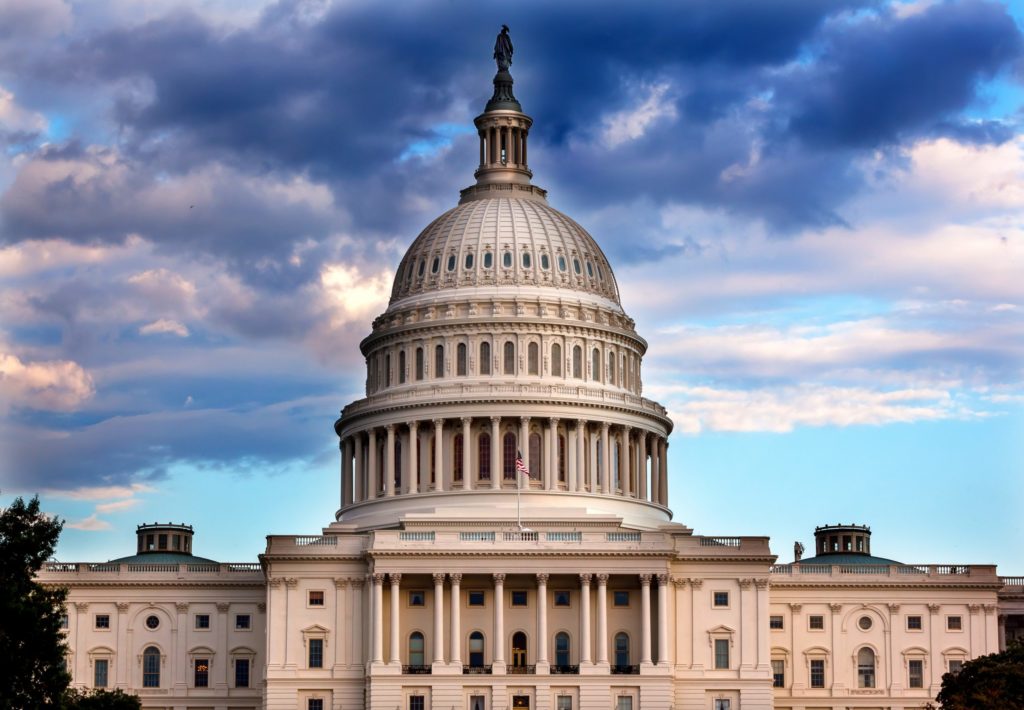Parliamentarians Advise, Senators Decide
The “Senate rules” include four basic components: standing rules, statutory rules, standing orders, and precedents. The degree to which senators rely on each component fluctuates over time. Today’s senators use precedent to circumvent the Senate’s standing rules routinely. For example, Democrats and Republicans have both used the so-called nuclear option in recent years to limit senators’ ability to filibuster. The nuclear option refers to the mechanism by which Senate majorities use precedent to ignore, circumvent, or change the rules in direct violation of those rules.
Precedents Empower Parliamentarians
The Senate’s reliance on precedent to regulate its debates has increased the parliamentarian’s influencein recent years. Senators’ deference to the parliamentarian increased as the volume of precedents got bigger. This is because the parliamentarian keeps track of those precedents and advises senators on how best to apply them to specific situations. Adding to their sheer volume is the fact that, by their very nature, precedents are not presently well documented or easily accessible (i.e., compiled and published in a well-organized collection of past precedents).
This dynamic encourages Democrats and Republicans to defer to the parliamentarian to make decisions about what the Senate can and cannot do in specific debates. Senators even defer to the parliamentarian when there are no past precedents to guide their actions in a specific debate. For example, Democrats recently acquiesced to the parliamentarian’s judgment
An Advisory Role
But the parliamentarian does not have power to set the rules. Only senators can decide how to regulate their debates under the Constitution. And their decisions are binding only if approved by the full Senate in some form (e.g., by adopting a standing rule, statutory rule, or standing order, or by setting a new precedent via official action on the Senate floor).
Senators should not, therefore, understand the parliamentarian’s job as deciding the Senate’s rules. They should instead understand the parliamentarian’s role as giving them information about the Senate’s rules and helping them apply those rules in specific debates.
The parliamentarian-senator relationship is recorded in the Senate’s precedents. “The [presiding officer] rules on points of order, not the parliamentarian; the parliamentarian merely advises the [presiding officer].” In other words. the presiding officer may rule on points of order independently of the parliamentarian. And senators may overturn the ruling of the presiding officer when he or she follows the parliamentarian’s advice.
The Takeaway
The Senate’s parliamentarian does not have power to decide what senators can do. But senators effectively give the parliamentarian that power when they defer to her to decide questions in unprecedented situations. The Constitution empowers only the full Senate to adopt rules to regulate its debates. Consequently, the parliamentarian should defer to senators to make the rules when asked by them to decide unprecedented questions.









